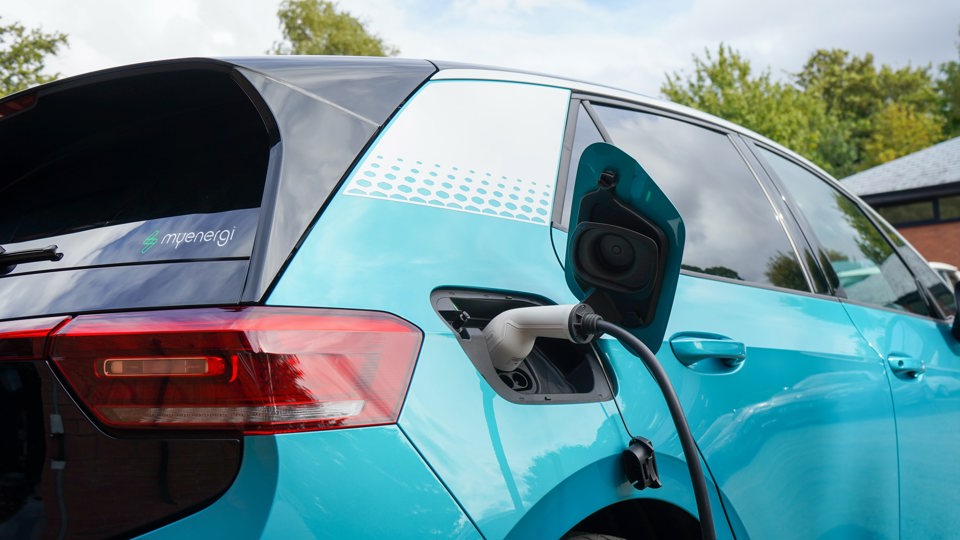New research has found that almost a third (30%) of motorists feel that the delay to the new petrol and diesel vehicle ban will allow for more time for an expansion in electric vehicle infrastructure and improvement in technology.
Just over a quarter (28%) believe that the delay - from 2030 to 2035 - gives more time for manufacturers to improve EV technology and extend battery range, according to the findings of the survey conducted by Close Brothers Motor Finance
Whilst almost the same number (27%) of motorists say that the delay means that costs, such as the initial outlay, can come down with 23% believing that the delay allows for energy costs to fall.
The research also shows motorists’ feelings that the delay allows time for the EV market to strengthen. A quarter (26%) say that in the five years to 2035, more vehicles will enter the market, providing more choice and options. A similar number (25%) say the delay gives them more time to decide which vehicle to get.
Reflecting current perceptions of electric vehicles being unaffordable, one in five (20%) feel the delay provides more time to improve their personal finances to be able to afford an electric vehicle in the first place. One in four (25%) also says it gives time for more electric cars to enter the used-car market.
Despite a positive outlook, a sizeable proportion of motorists continue to be resistant to the transition, with almost one in five (18%) admitting they will continue to buy a used petrol/diesel car even once the ban comes into effect. Just 12% are planning on purchasing an electric car in the next 12 months. And 19% have no intention of switching to electric vehicles whatsoever.
Lisa Watson, director of sales at Close Brothers Motor Finance, said: “The delayed ban of the sale of new petrol and diesel vehicles provides some much needed breathing room for the everyday motorist. In recent years they’ve had to contend with a number of pressures, including unpredictable fuel prices, the spiralling cost of car insurance and the government turning the screw on urban driving with schemes such as ULEZ.
“Our research shows that to make the eventual switch to electric vehicles as smooth as possible, motorists feel that time is needed for improvements in infrastructure and technology to take place. The Government needs to make sure that the additional time is utilised, and must match their ambition with necessary investment.
“For now, it continues to be vital that motor dealers ensure they’re stocking the right cars to meet this growing change in demand, and in a new landscape of car ownership, continuing to utilise insights and tools to monitor trends will be important to ensuring their forecourts are best suited to consumer demand.”

















Login to comment
Comments
No comments have been made yet.